Description
ABSTRACT
The Unsafeness of the Safe Harbour Provisions Under the Nigerian Transfer Pricing Regime
Daniel Olika* and Rahman Apalara**
The greatest threat to a comprehensive tax regime in Africa is the tax planning strategy of multinationals operating within the continent, specifically the transfer pricing strategy of Multinationals. This strategy has been deployed by multinationals operating across the globe, and particularly in Africa, to erode the tax bases of the Countries they carry out business in. One way multinational corporations are able to achieve this is by creating artificial transactions between related parties which have no economic value. With recent activities in the international tax space and the emergence of the Organisation of Economic Cooperation and Development Base and Erosion Profit Shifting (OECD BEPS) project, revenue authorities in Africa have begun joining the global effort to curb this practice of eroding domestic tax bases. Consequently, various countries across the continent have enacted Transfer Pricing Rules to ensure that transactions carried out between related parties are treated at arm’s length in the bid to ensure fairness in the tax system. In the bid to also ensure that the administration of the Transfer Pricing Rules is not cumbersome, various safe harbour regimes have been created to ensure that if related party transactions are conducted, parties do not have to file various reports should the transactions fall within pre-defined guidelines for related-party transactions. This paper shall analyse the safe harbour regime in Nigeria and address its efficacy in achieving its objectives thus far by comparing its provisions with the recommendations from the OECD on adopting a safe harbour regime.
Keywords: Safe Harbour, Transfer Pricing, Tax erosion, Arm’s Length, BEPS.
INTRODUCTION
Upon the coming into force of the Income Tax (Transfer Pricing) Regulations (TP Regulations 2018) in 2018, the Federal Inland Revenue Service (FIRS) stated that the new regulations were designed to contribute to the growth of the Nigerian economy.1 The positioning of taxation as a major driver of the nation’s economic growth has become important in the light of the fall in oil prices2 and the need to boost government revenue through an effective tax regime. The new TP Regulations 2018 introduced innovative rules for regulating the transfer pricing activities of multinationals. As was the case with the 2012 Nigerian Transfer Pricing Regulations, the TP Regulations 2018 was enacted to give effect to the General Anti-Avoidance Rules (GAAR) contained in the various tax legislations in force in the country. In addition to the objective of
* LL.B (Lagos). Associate at Kenna Partners.
** LL.B (Lagos). Associate at Aluko & Oyebode.
- Peter Uzoho, ‘New Transfer Pricing Regulation, Game-changer for Nigeria,’ (This Day Live, 20 September 2018) accessed 6 February 2020.
- Daniel Olika, ‘Is it Time to Tax Nigeria’s Churches?’ (Forbes Africa, 14 June 2017) accessed 6 February 2020.

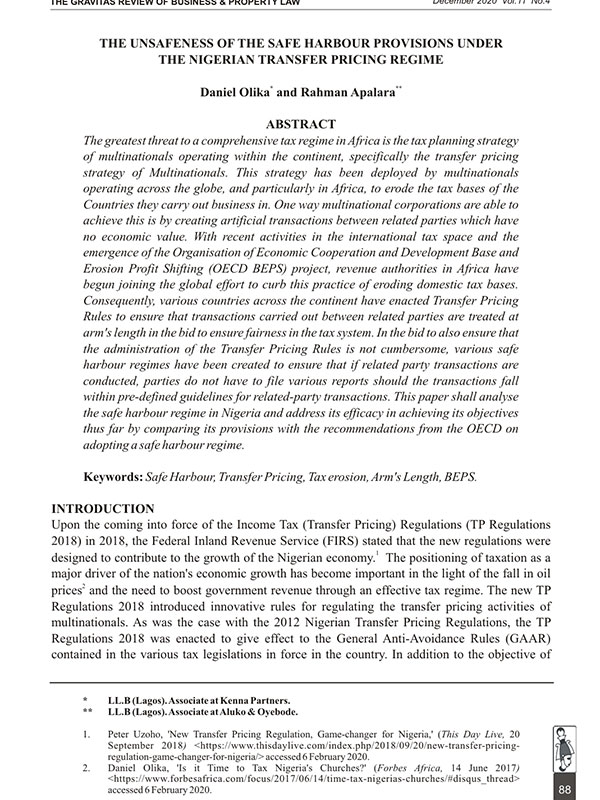
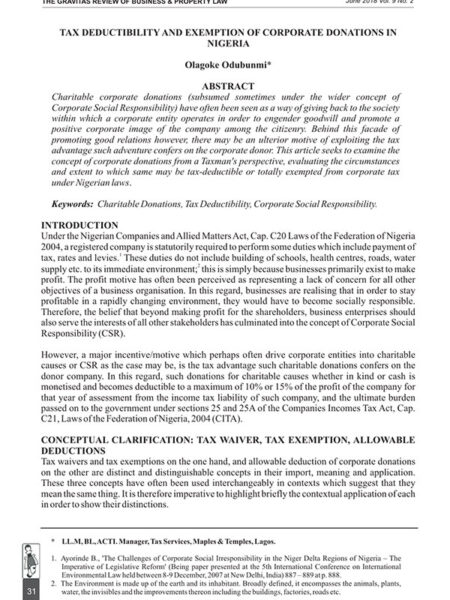
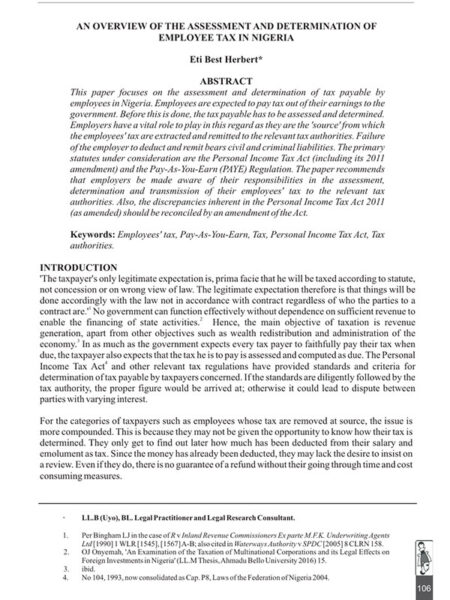
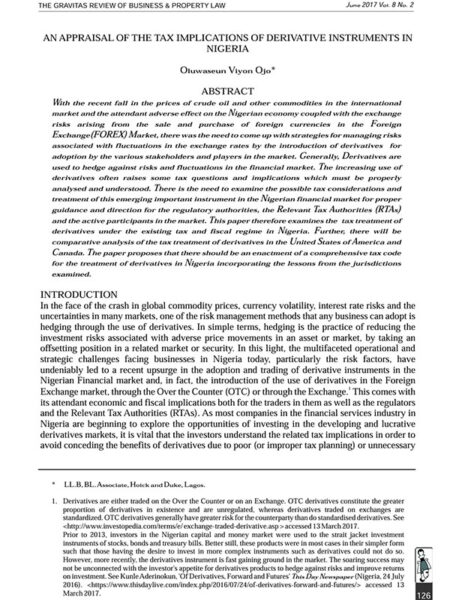
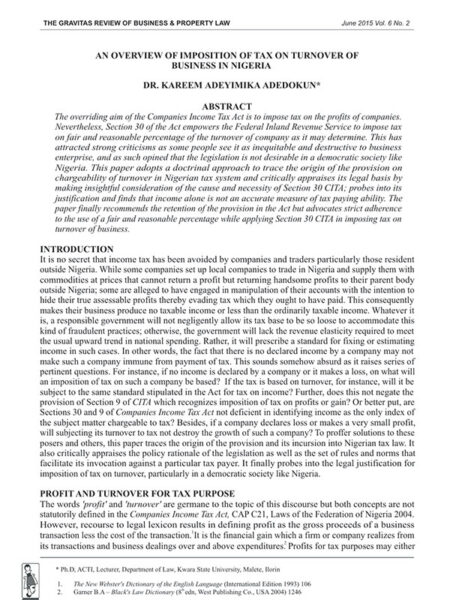


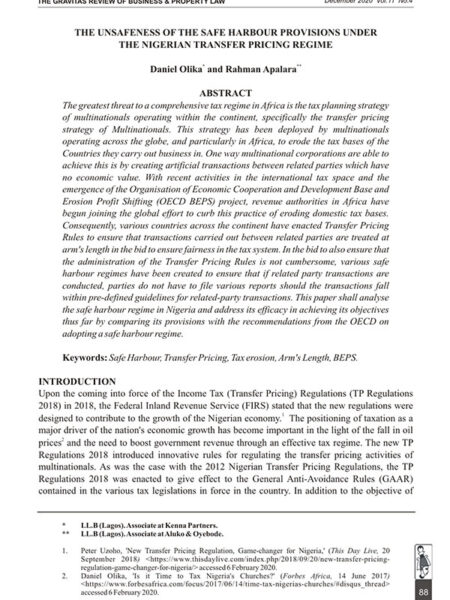
Reviews
There are no reviews yet.